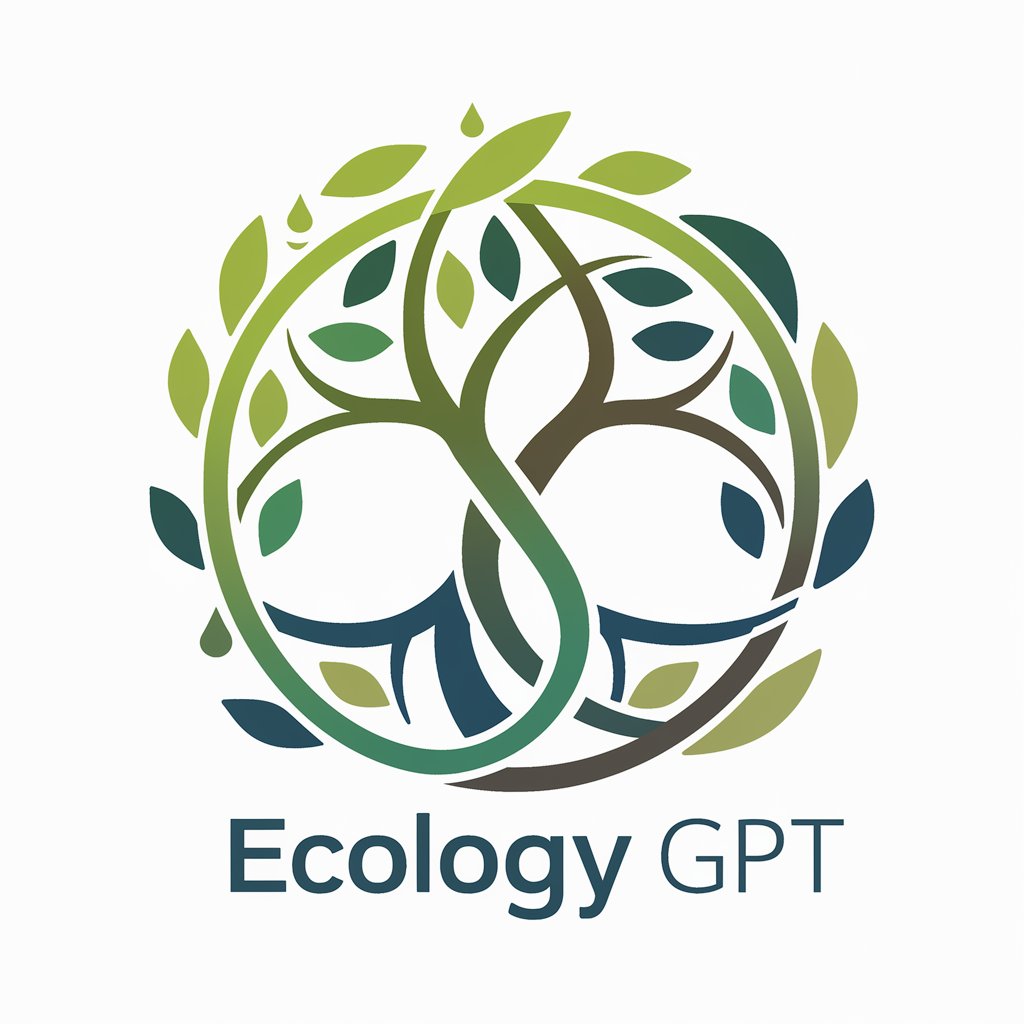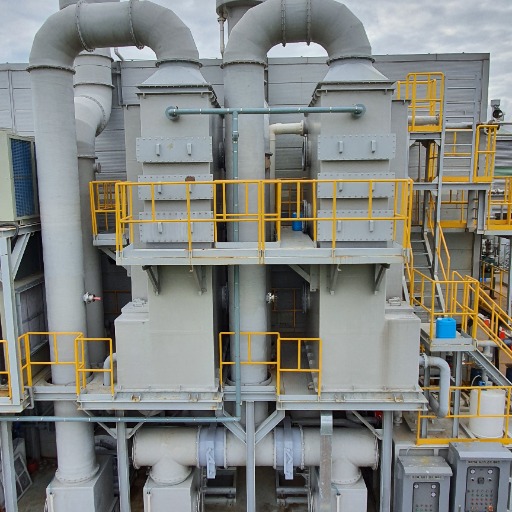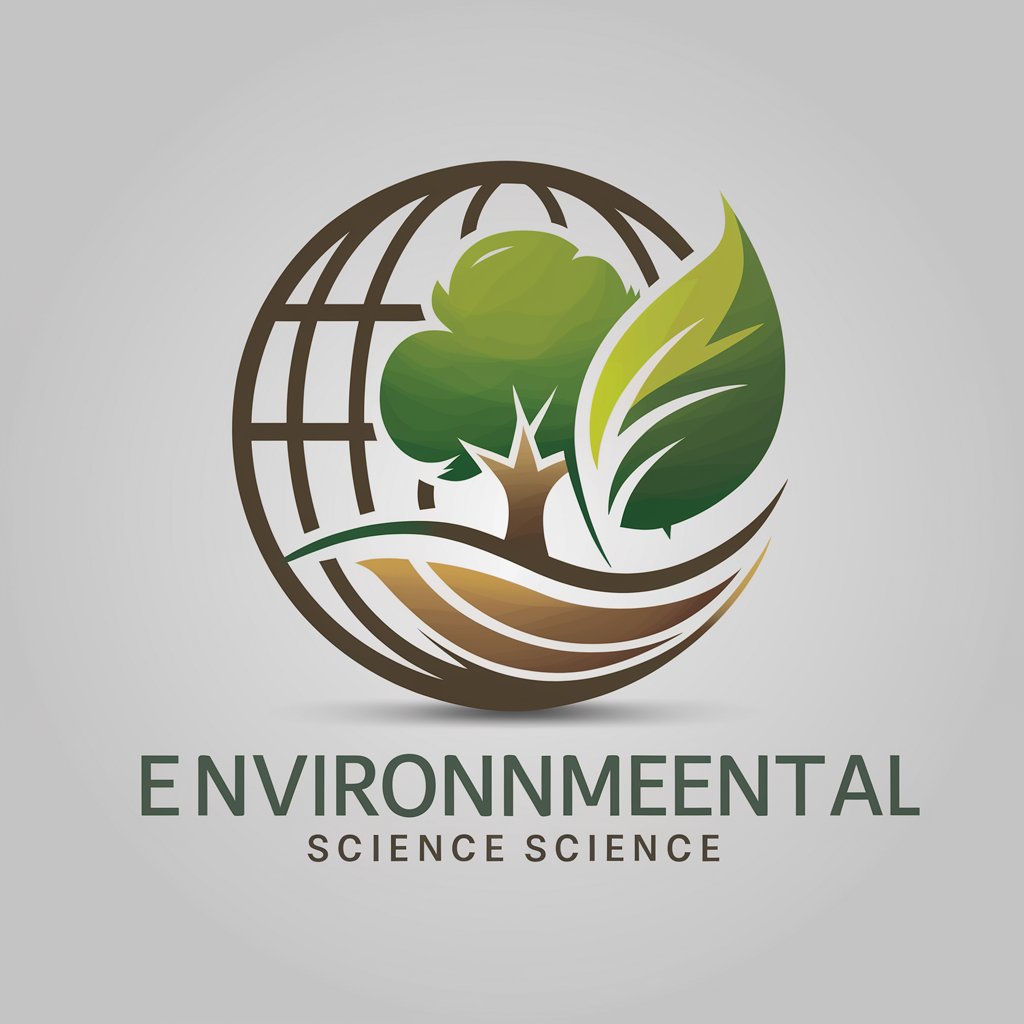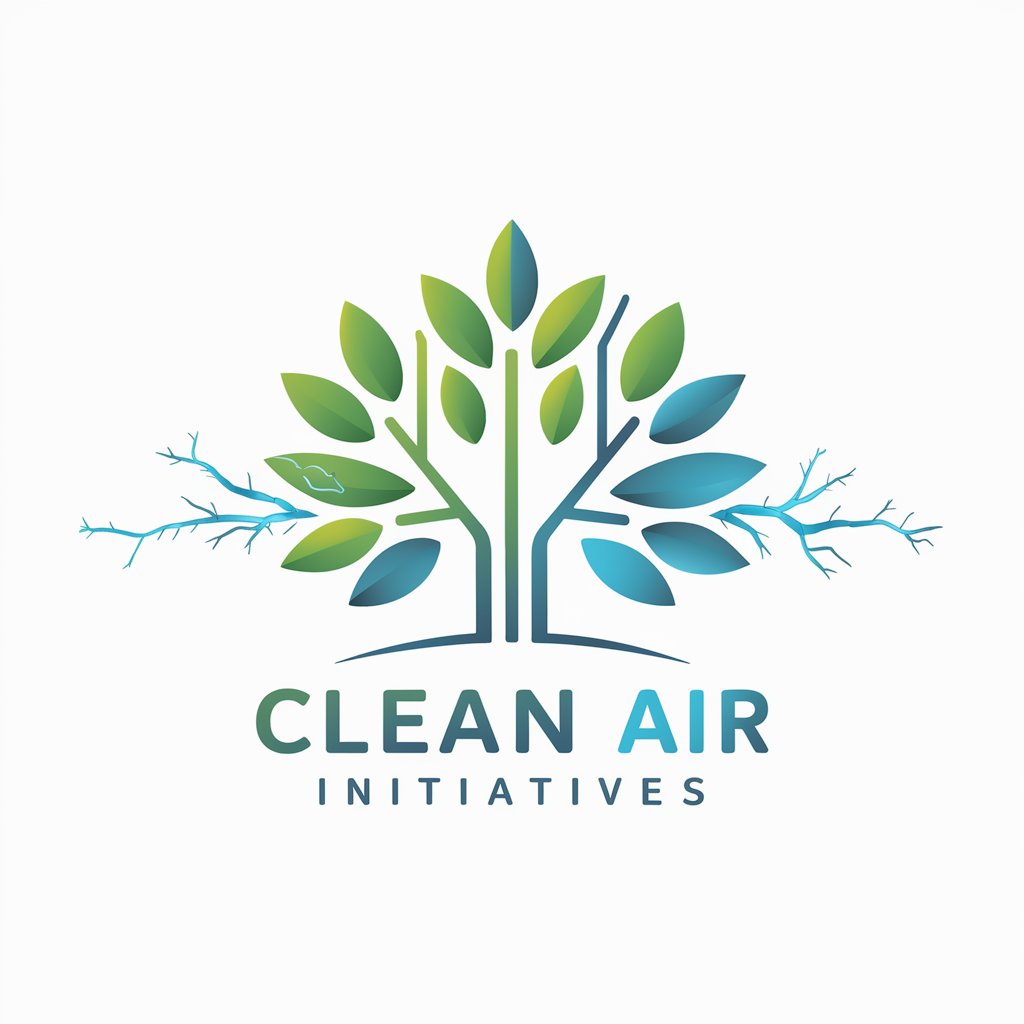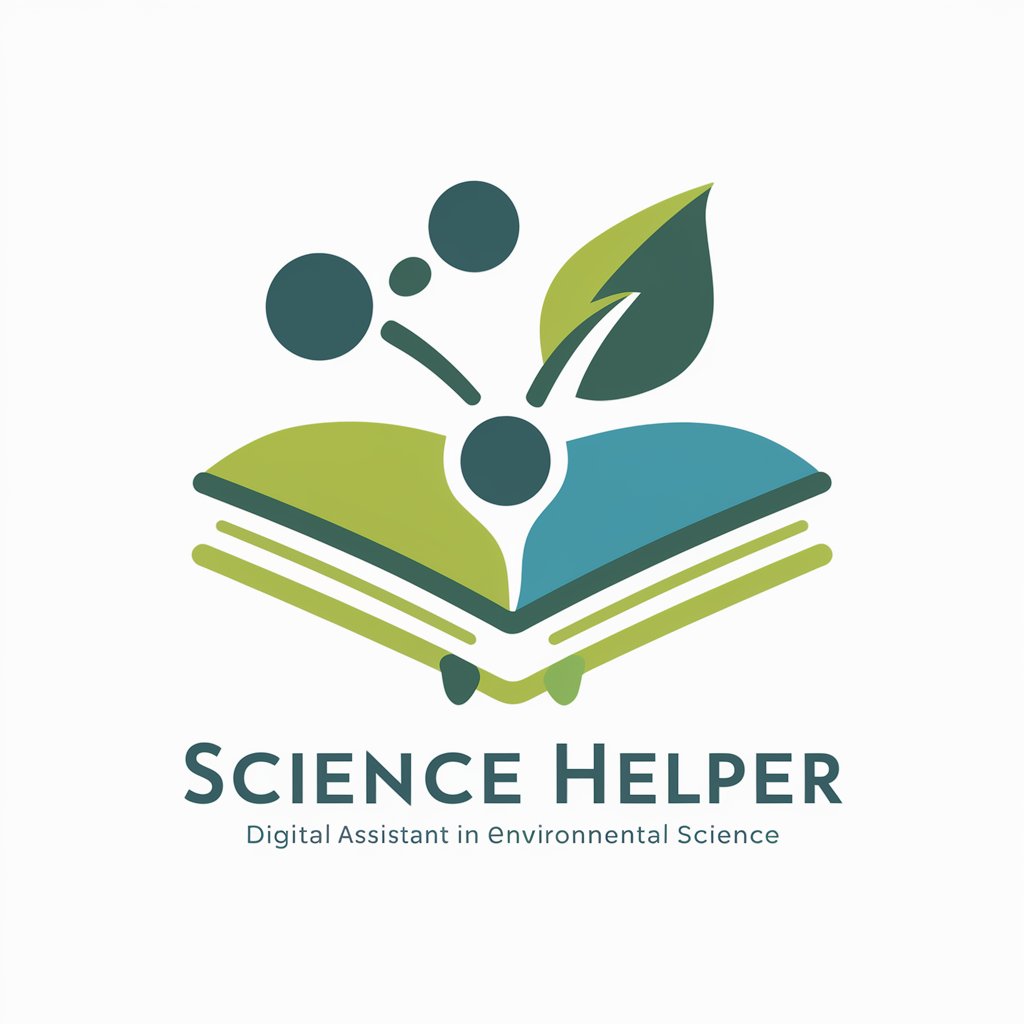
Pollution - Pollution Insights and Tips
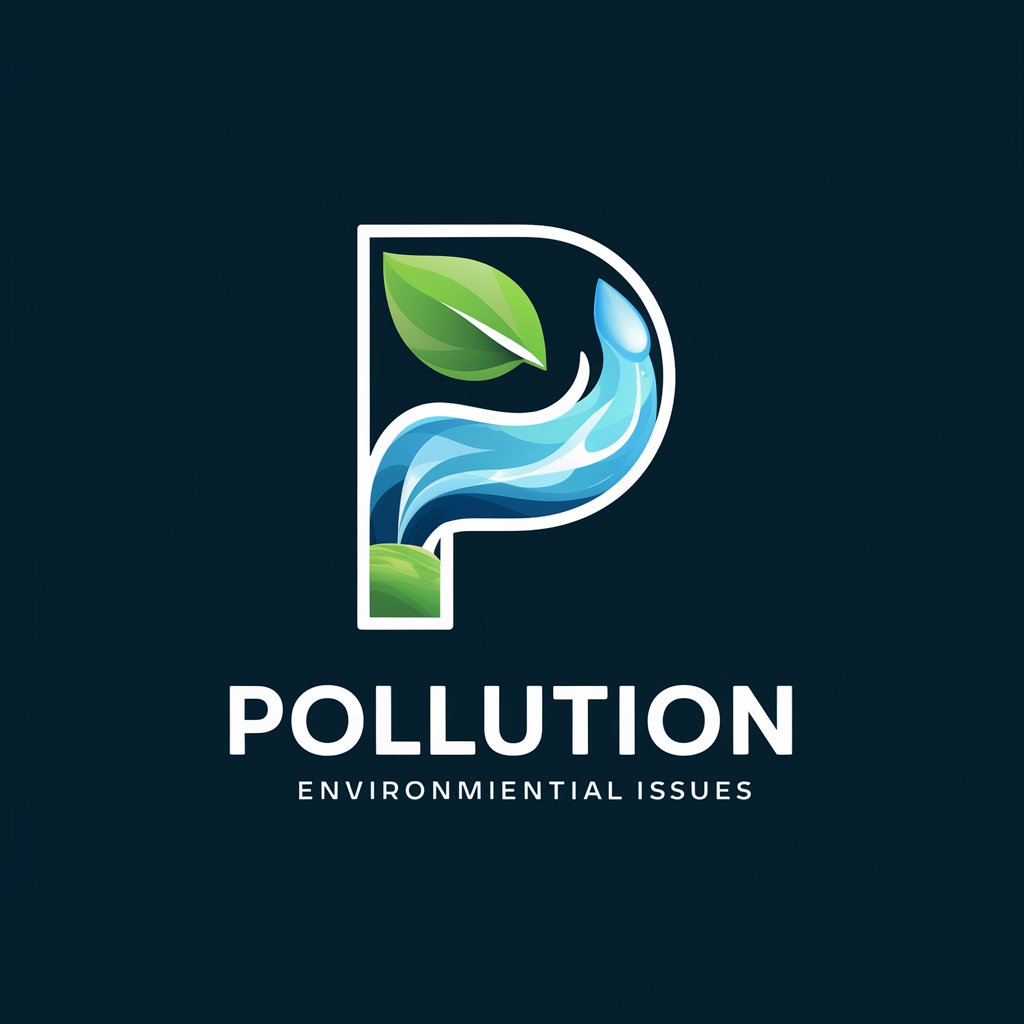
Welcome! Let's explore solutions to reduce pollution and protect our environment.
Empowering pollution solutions with AI
What are the primary sources of air pollution, and how can they be mitigated?
How does water pollution affect marine life and human health?
What measures can individuals take to reduce soil pollution in their communities?
Explain the impact of noise pollution on urban environments and potential solutions.
Get Embed Code
Overview of Pollution GPT
Pollution GPT is designed to serve as an informative and educational tool focused on various pollution types, including air, water, soil, and noise pollution. It aims to provide insights into the causes, effects, and mitigation strategies for these environmental issues. Designed with an environmentally conscious approach, it synthesizes evidence-based information to educate users on the impacts of pollution and practical steps for its reduction and management. For example, it can detail the process of eutrophication in water bodies due to nutrient runoff, explain the health risks associated with air pollution, or suggest noise reduction measures in urban settings. Powered by ChatGPT-4o。

Core Functions of Pollution GPT
Educational Insights
Example
Explaining the health impacts of PM2.5 particles in air pollution.
Scenario
A user inquiring about the health risks associated with air pollution in urban areas would receive detailed information on particulate matter, its sources, and preventive measures to minimize exposure.
Mitigation Strategies
Example
Outlining strategies to reduce plastic waste in oceans.
Scenario
When asked about reducing ocean pollution, Pollution GPT can offer insights into the importance of recycling, the role of government and community initiatives, and innovative solutions like biodegradable plastics.
Policy and Legislation Education
Example
Detailing the Clean Air Act's role in reducing air pollution.
Scenario
A policy maker or student studying environmental law could learn about the history, significance, and impact of environmental legislation like the Clean Air Act on air quality improvement.
Community Engagement Ideas
Example
Guidance on organizing a community river clean-up.
Scenario
Environmental activists or local community leaders looking for ways to engage their community in pollution reduction efforts might receive advice on planning and executing environmental cleanup events.
Target User Groups for Pollution GPT
Students and Educators
Students learning about environmental science and educators teaching these topics will find Pollution GPT a valuable resource for accessing detailed information and examples to enhance learning and teaching experiences.
Environmental Activists
Activists seeking to broaden their knowledge about pollution issues and find effective communication strategies will benefit from the comprehensive insights and data provided.
Policy Makers
Policy makers looking for detailed information on pollution impacts and effective mitigation strategies can use Pollution GPT to inform their decision-making processes and develop more effective environmental policies.
General Public
Individuals seeking to increase their environmental awareness and learn practical steps for reducing their pollution footprint will find Pollution GPT's guidance accessible and actionable.

How to Use Pollution
1
Start by visiting yeschat.ai to explore Pollution's features through a free trial, no login or ChatGPT Plus subscription required.
2
Navigate to the Pollution section to access resources and tools dedicated to understanding and combating various forms of environmental pollution.
3
Utilize the interactive Q&A feature to ask specific questions about air, water, soil, and noise pollution, and receive evidence-based information.
4
Explore the provided mitigation strategies and tips to reduce pollution in your local community or broader environment.
5
Engage with the tool regularly to stay informed about the latest research and innovative solutions for pollution prevention and management.
Try other advanced and practical GPTs
Pesquisa conteúdo de italiano
Discover top Italian learning videos effortlessly.

标准化病人NPC
Realistic AI-Powered Patient Simulations
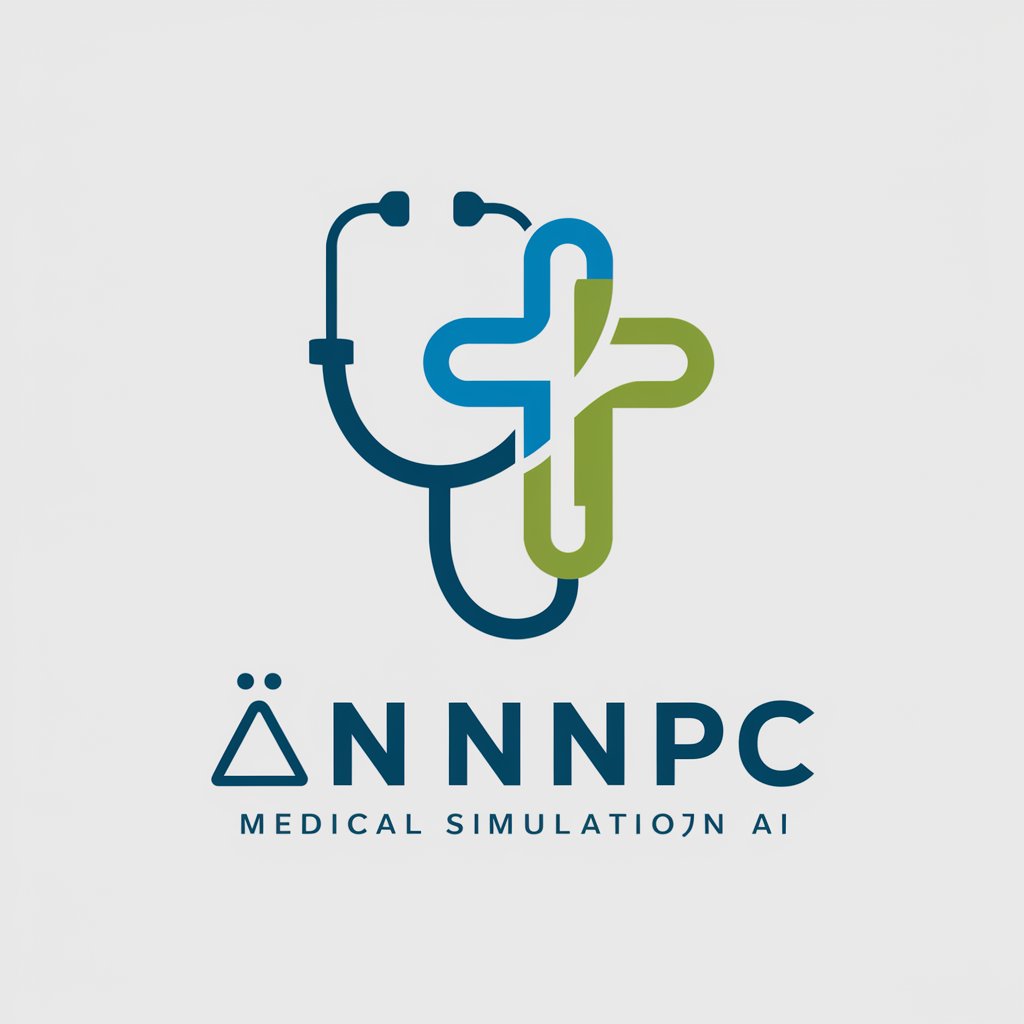
旅行小乌龟
Crafting Personalized Travel Adventures with AI

Presupuestos Lacados
Revitalize Your Space with AI-Powered Lacquering Quotes

Fashion Trendspotter
Crafting Realistic Fashion Visions AI-Powered

ROI Advisor
Empowering your financial decisions with AI

My Marketing Guru
Empowering Your Marketing with AI Insights

Precious Metals
Unlocking the Value of Precious Metals

Spelling Quiz
Elevate Your Spelling with AI
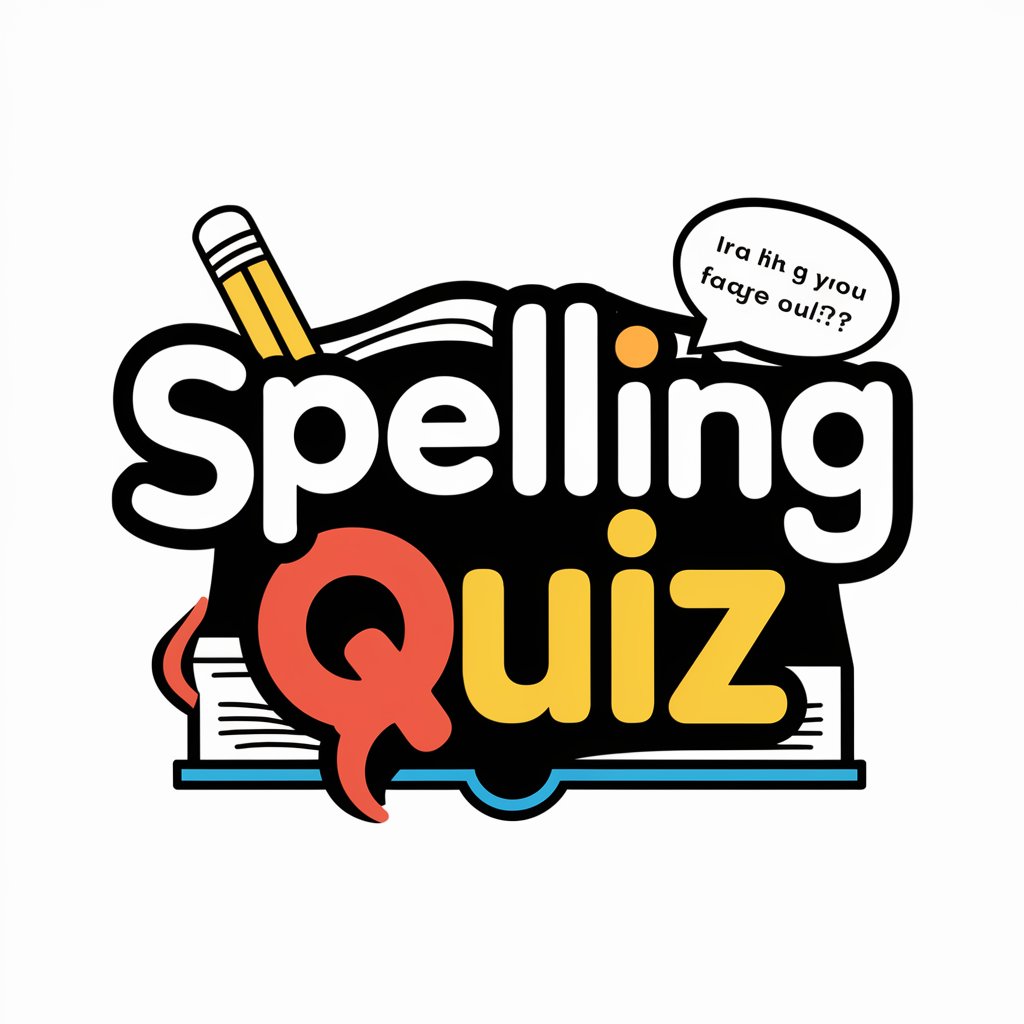
Bet Smart Multilingual Expert (5⭐)
AI-powered multilingual betting guidance at your fingertips.

Streaming Content
Empowering insights with AI-driven streaming intelligence.

Tech Boss Network Support Bot
Elevate Your Business with AI Expertise

Pollution FAQs
What types of pollution does Pollution cover?
Pollution offers insights into air, water, soil, and noise pollution, detailing their causes, effects, and mitigation strategies.
How can Pollution help me in academic research?
It provides evidence-based data and references on environmental pollution, ideal for academic writing, research papers, and projects focused on environmental studies.
Can Pollution suggest practical steps for reducing my carbon footprint?
Yes, Pollution offers practical tips and strategies for individuals and communities to reduce their carbon footprint and combat climate change.
Does Pollution provide updates on environmental policies?
Pollution includes information on current environmental policies, regulations, and initiatives aimed at pollution control and sustainability.
How user-friendly is the Pollution tool for beginners?
Designed with simplicity in mind, Pollution is highly user-friendly, offering easy navigation and accessible information for individuals at all levels of environmental knowledge.
